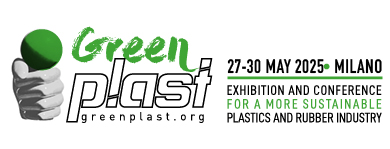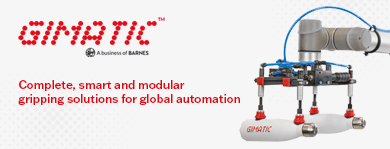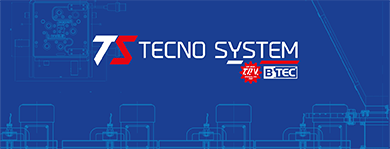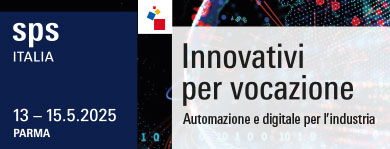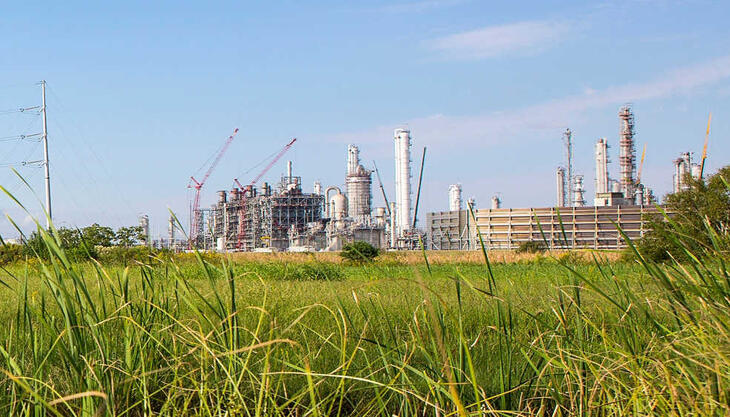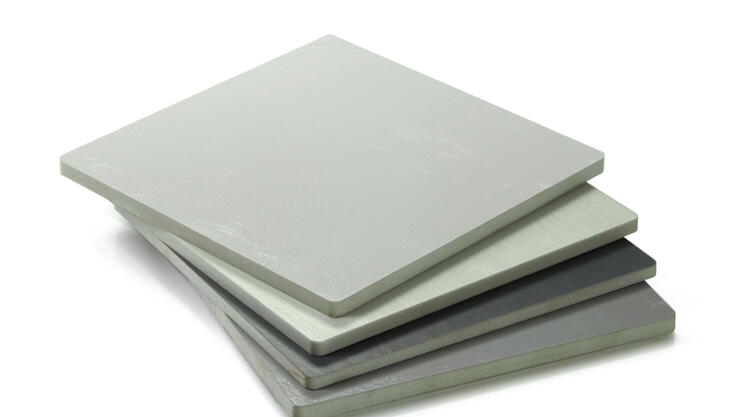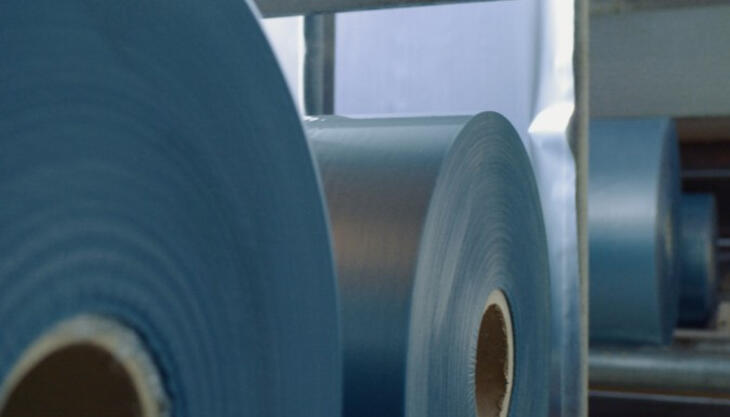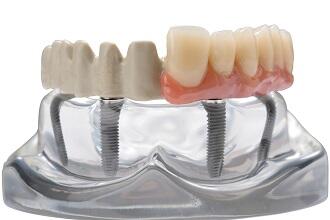
At the European Association of Osseointegration (EAO) Congress, recently held in Vienna, dental clinicians from the Malo Clinic, Lisbon, reported positive results when Juvora a PEEK polymer-based solution, replaces traditional metal and ceramic materials. Their findings were those of a two-year follow-up study of dental restorations implemented according to the clinic's All-on-4 concept, using Juvora full-arch implant supported prostheses on edentulous patients.
A total of 37 patients (29 women, 8 men) with an average age of 60 years (range: 38-78 years) were treated between May 2015 and October 2016. At the second year of follow-up, the early indications are for positive outcomes. Use of the Juvora prosthetics resulted in: low mechanical and biological complications, compared to metal; a high rate of prosthetic and implant survival; low marginal bone loss; less inflammation than with metal implants.
Evaluations by the patients themselves were also very positive, with 88% of patients reporting that their prosthetic fulfilled their expectations of “in mouth comfort” and 84% of patients felt that their “overall chewing feeling” was as expected when chewing their food. In contrast to that, similar evaluations for metal-acrylic resin mandibular full-arch implant-supported fixed prostheses reported a 79% patients´ satisfaction, both for the improvement in the ability to chew and the fulfilment of expectations.
The Malo Clinic study concludes that, full-arch hybrid PEEK-acrylic resin implant-supported prostheses may be a valid treatment option. Its validity in implant dentistry can be fully attested after a longer follow-up.
The Malo Clinic’s protocol was to produce a screw-retained framework manufactured from a JUVORA dental disc, following CAD/CAM processing to adapt it to multiunit abutments.
"Juvora prosthetics offer dental clinicians numerous advantages," commented John Devine, Medical Business Director at Invibio Biomaterial Solutions. "Using the potential of CAD/CAM milling for example now enables PEEK-based solutions to be milled precisely and efficiently potentially offering a new level of precision and efficiency in both design and implementation. Helping to improve clinical outcomes with PEEK is Invibio’s goal, and we're very excited to see the Malo Clinic clinical results at this time point. Using PEEK in their All-on-4 procedure has meant a major improvement in the quality of life of edentulous patients, and this data reinforces the direct feedback we’re hearing from dentists. It also supports the growing interest in and adoption of Juvora prosthetics".
The study team emphasise that in the field of dentistry, PEEK has been used over the last decade in healing caps and temporary abutments. They conclude its biocompatible nature is, therefore, proven, commenting, that such a material could be interesting for use in full-arch restorations as a non-metal alternative.
The Juvora dental disc is made entirely of implantable PEEK-Optima polymer from Invibio Biomaterial Solutions. This implantable PEEK polymer possesses a number of outstanding properties, note the authors of the study, including biocompatibility, biostability, and compatibility with medical diagnostic imaging, that together indicate a favourable potential for metal replacement in dental prosthetics. In addition, PEEK provides superior chemical stability, mechanical behaviour, shock absorption, and wear resistance, and therefore it is well suited to the demanding environment encountered by medical devices. In addition, its shock absorbing characteristics are superior to those of metal, whilst maintaining the possibility of CAD/CAM manufacture.





